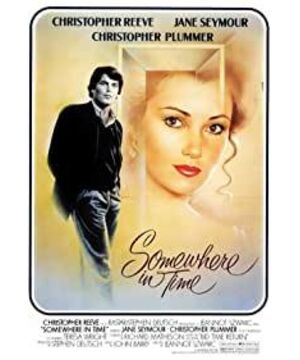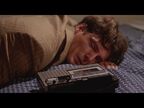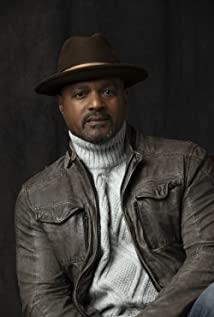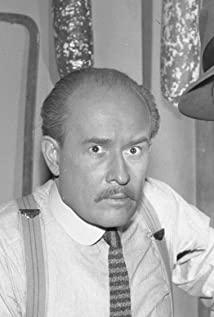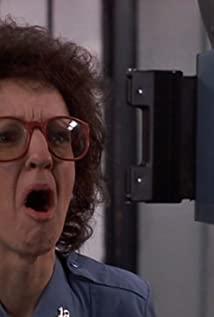Through hypnosis, I went back to seventy years ago, but when I was chatting and laughing with my lover, I found a coin in the real world, so I woke up irreparably. From then on, it is only relative to the cold time, and love is lost in the depths of history, and there is no way to find it.
There is always such a tradition in cartoons. You can never stop your car on the edge of a cliff. You have to run for a while before you realize that your feet are empty, and then you fall suddenly, breaking into a cold sweat. At first I always thought it was funny, but later I thought it was the best portrayal of my life.
Things are often like this, fearless because of ignorance, and flourishing because of wishful thinking.
Isn't that what love is? There are hallucinations between suggestion and self-suggestion, no turning back in hypnosis, lingering lingering in madness, and the passion that destroys all kinds of things makes you omnipotent. In love, you know without a teacher that self-awareness is often the prelude to wanting to die.
Then you find out that it's all just a dream of Nanke.
The finishing touch of love should be the little sense of emptiness when the passion fades away and reality returns.
In the movie, the eighteenth variation of Pa Kuang appears repeatedly, which is so beautiful that it is uncontrollable. However, even if it is delicate and tactful, it is still open and closed, without losing the famous style. The extreme of madness is not fierce and gushing, but the boundless gentleness like water, once people fall into the mud, they are deeply immersed in the mud.
Rhapsody in hypnosis, this is the most beautiful and most hopeless thing I can think of.
View more about Somewhere in Time reviews


